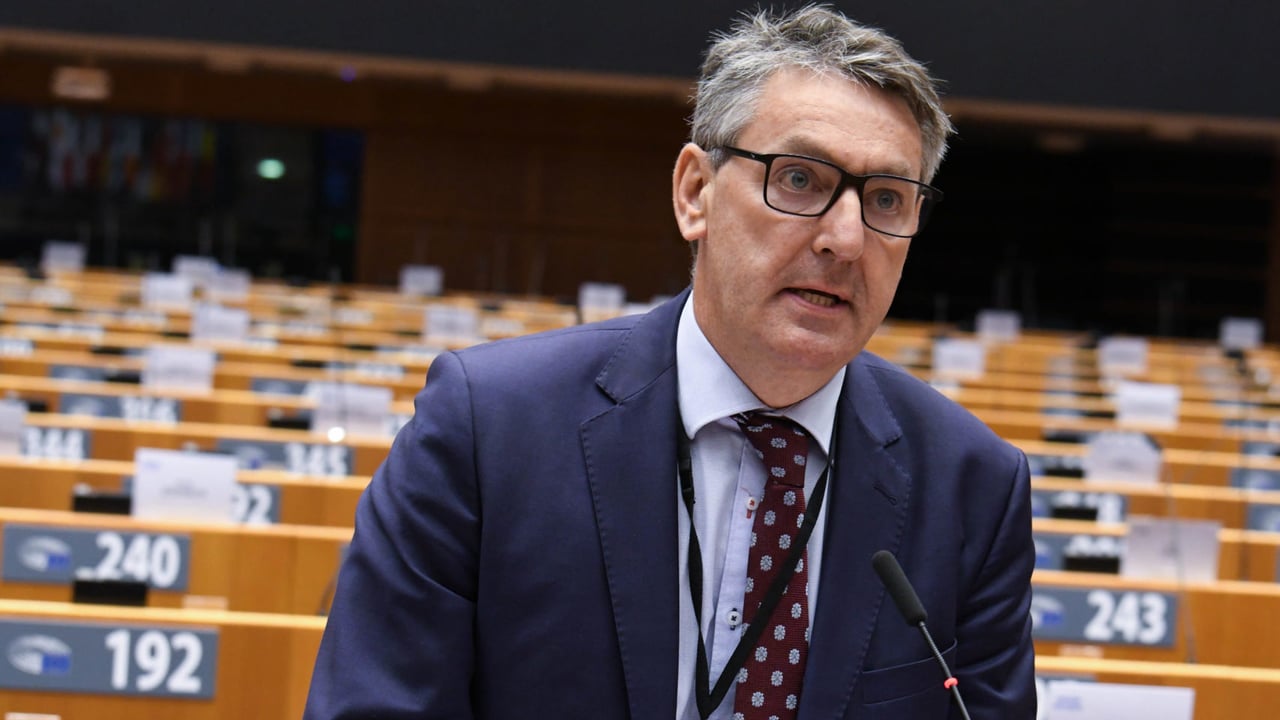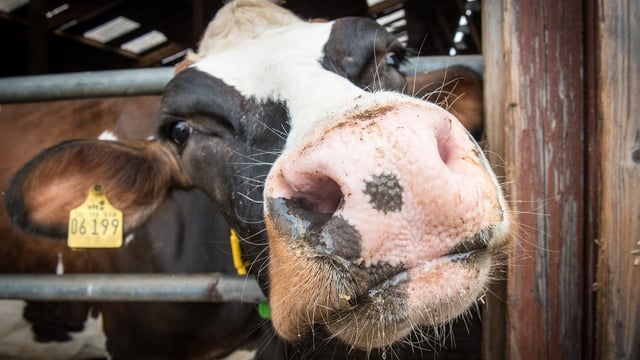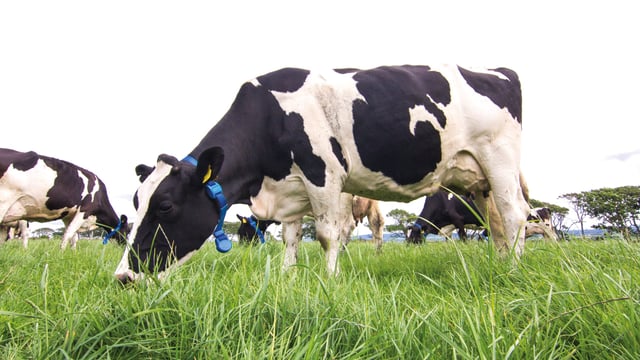Tillage sector 'needs fairness and support' to reach potential - MEP
An Irish MEP has called for "fairness and support" for the Irish tillage sector, in order for the tillage sector to "reach its full potential".
Ireland South MEP Billy Kelleher was speaking after meeting with the Irish Grain Growers' Group (IGGG) in Brussels this week.
Kelleher said that using the opportunities and advantages of a strong tillage sector "must be a priority" for both the Irish government and the European Commission.
"The tillage sector, plus our forestry sector, are the only sectors of Irish agriculture where there is a clearly stated objective of increasing its size. The tillage strategy calls for an increase to 400,000ha under tillage by 2030," he said.
"This target will be hard to reach unless we incentivise the sector, and the regulators and authorities take their feet off the necks of tillage farmers.
"We still place too many onerous targets on this vitally important sector. Following my meeting today, it's clear that grain growers are hungry for innovation and are well placed to meet any and all environmental objectives that are asked of them," Kelleher added.
The Fianna Fáil MEP said that tillage farmers are aware of the importance of biodiversity for their own livelihoods and for the environment.
"The evidence is clear from their work on reducing and eliminating pesticide usage on oilseed and rapeseed crops where bee and insect numbers have rebounded in recent years," he said.
"All they want is a fair crack at a decent living.
"They are keen to move to a system of adding value to their produce to ensure that they retain a competitive advantage over imports from non-EU markets," Kelleher said.
He said that one of the main issues raised by the IGGG representatives was the issue of further convergence of basic payments under the Common Agricultural Policy (CAP), which the IGGG opposes.
"Convergence measures, to date, have seen 7% of tillage farmers lose income. This must not be allowed to continue," the MEP said.
He added: "This was a very informative and interesting meeting and I look forward to engaging further with grain growers, and the wider tillage sector, into the future, especially in relation to their plans for new and innovative pilot schemes."





